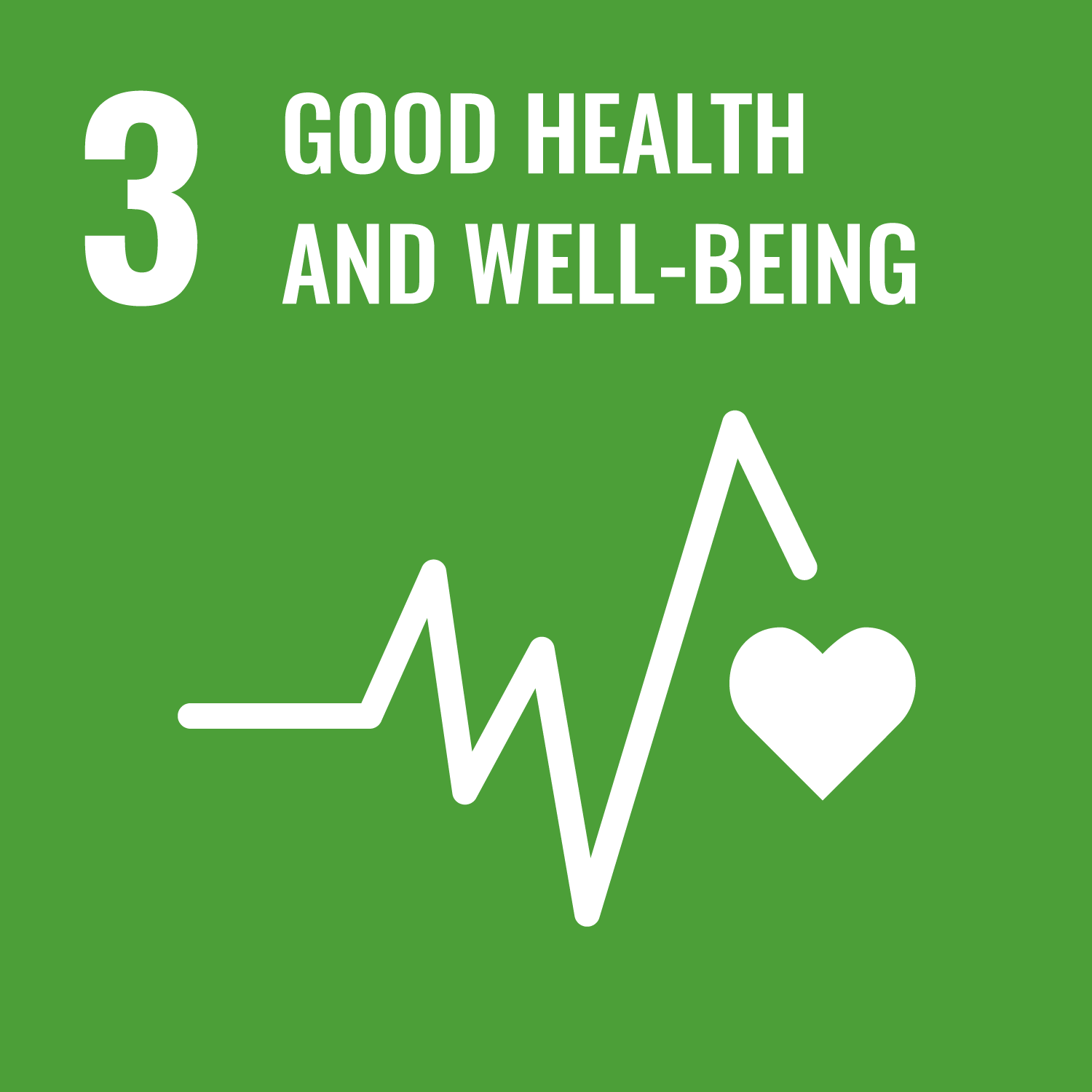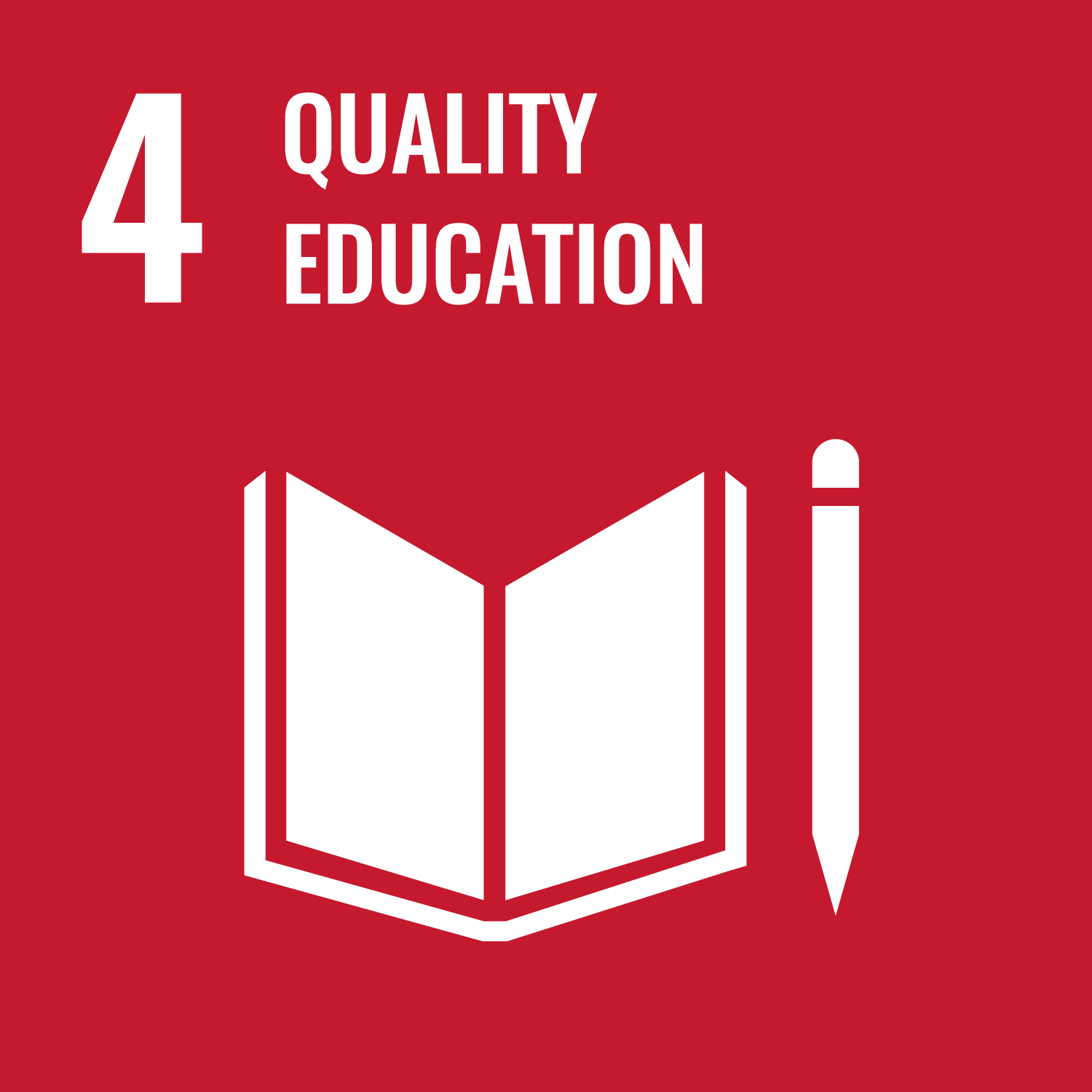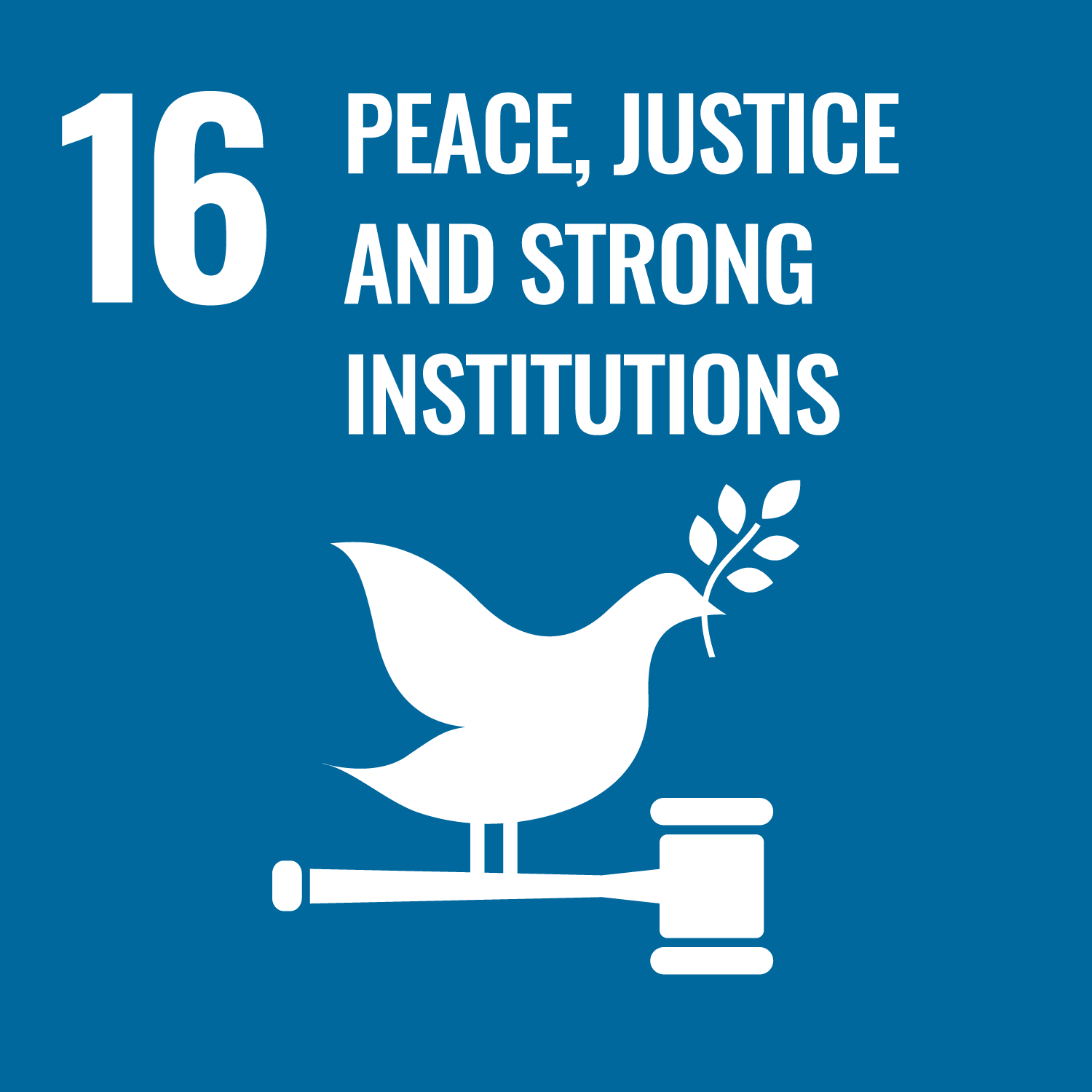Diversity Channel Project
Takaoka Eiko, Professor
Faculty of Science and Technology, Department of Information and Communication Sciences
- Research
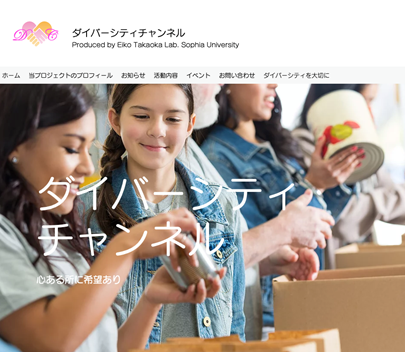
【Abstract】
Can we be happy in a world that does not accept diversity? With this in mind, we have come together to develop a portal site called “Diversity Channel” to help people with foreign roots work safely and healthily in Japan.
The language barrier is a major problem when people with foreign roots visit medical institutions in Japan. In addition, there is a big communication barrier when working. In order to solve these problems, we are developing tools to support the dissemination of information and the improvement of knowledge and skills of foreign caregivers and nurses so that people with foreign roots can access medical care with peace of mind.
In addition, while their communication skills in Japanese are inadequate, they have to cope with the dialect spoken by the elderly and are having trouble understanding the dialect. In order to solve this problem, we have developed a dialect dictionary application for Okinawa and Wakayama and are releasing it on a trial basis on the Diversity Channel.
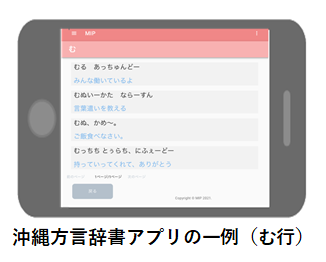
【Future prospects】
Anyone can view the published information on our website, and we would like to spread the information to medical and nursing facilities in Japan. We have extended the dialect dictionary application for Okinawa and Wakayama, and improved it into an application specialized for medical and nursing care. We will conduct a demonstration experiment and aim to put it to practical use. We would also like to try to create dialect dictionary apps for other regions as well. We want to provide a safe and secure working environment for foreign workers so that they do not have to suffer from language barriers that prevent them from receiving the full range of medical and nursing services that they are entitled to.
We hope that we can contribute in some small way to a society that respects multiple languages and is open to different languages and cultures.
https://www.diversity-channel.info/

